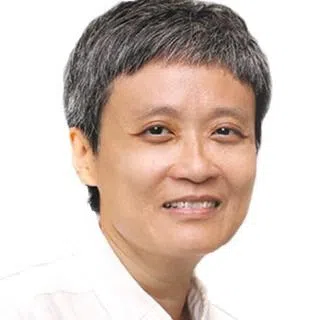Who won the Taiwan call game? How the three leaders took what they wanted
Takaichi, Trump and Xi each walked away with political wins, shaping narratives to their advantage. The US holds influence over Japan’s choices, while China quietly advances its legal and strategic positioning. Lianhe Zaobao’s associate China news editor Sim Tze Wei gives an analysis.
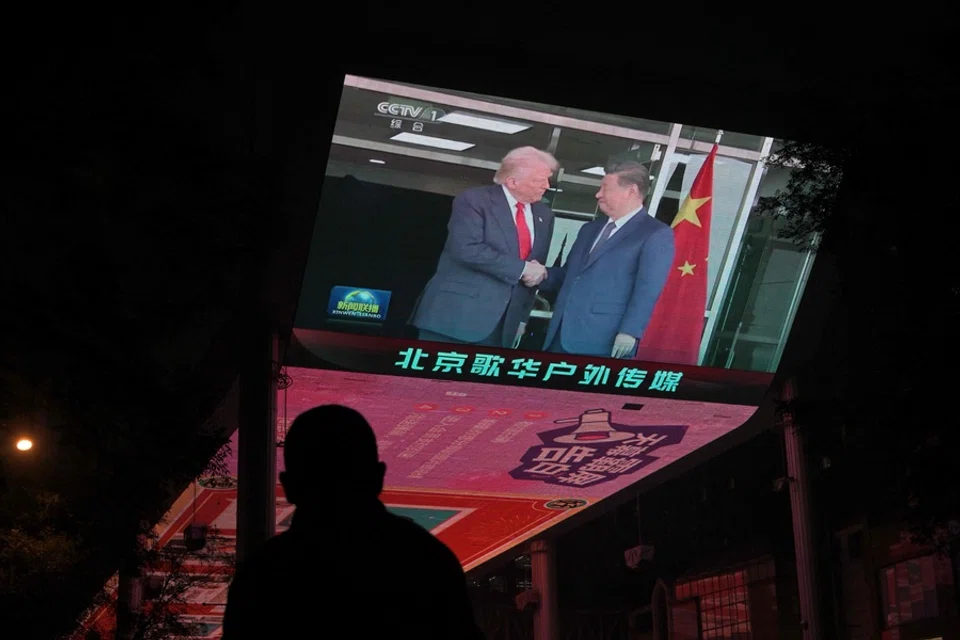
Amid a deadlock in China-Japan relations over Taiwan, two phone calls were made — one between the Chinese and American heads of state, and the other between the American and Japanese leaders.
In this diplomatic spat, framed by the notion that “a Taiwan contingency is a Japan contingency”, Washington’s stance is crucial. The key question is whether the US now serves as the pivotal link in the chain, shaping Tokyo’s choices: should the sequence be understood as “Taiwan contingency → US contingency → Japan contingency”?
US President Donald Trump has been exceedingly cautious on this sensitive topic, never making a public statement; even in his social media post after speaking with Chinese President Xi Jinping, he avoided any mention of Taiwan or Japan, maintaining strategic ambiguity. By ensuring it does not become directly embroiled in the China-Japan diplomatic spat, the US helps preserve the fragile stability in the Taiwan Strait and adds further nuance to the strategic manoeuvring between Washington, Tokyo and Beijing over the Taiwan question.
China, the US and Japan all presented the conversations in ways that served their own interests.
Getting what they want
Each side got what it wanted out of the two phone calls. China, the US and Japan all presented the conversations in ways that served their own interests.
Judging from the latest developments, Beijing may have gained the upper hand for now.
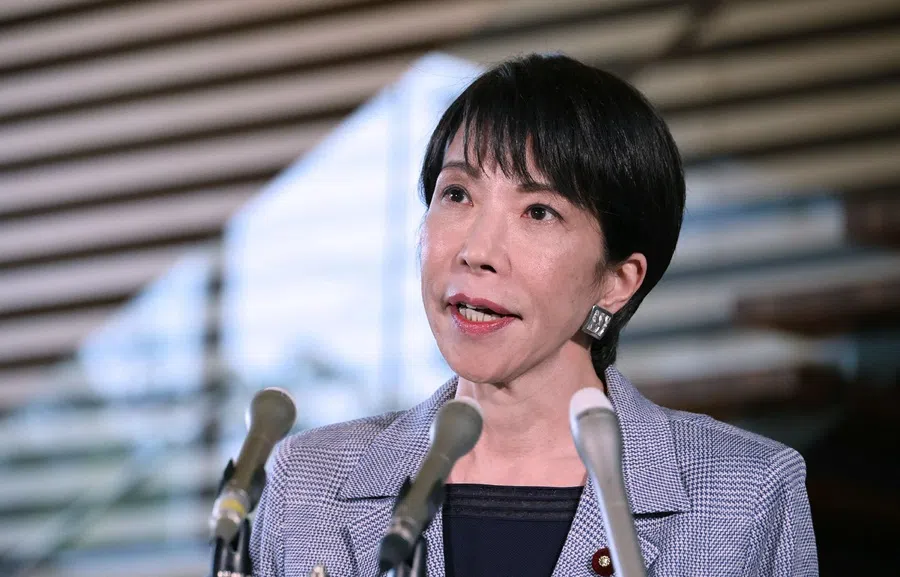
Beijing seized on Japanese Prime Minister Sanae Takaichi’s overly explicit remarks about a “Taiwan contingency”, and, through two key strategic moves — the phone call between Xi and Trump and a letter to the United Nations (UN) secretary-general — formally inserted the Taiwan issue into the rhetoric of the post-war international order, while using the opportunity to bolster its stance on the international stage that “the Taiwan question is China’s internal affair”.
According to a Xinhua report, during the phone call between Xi and Trump, Xi had stressed that “Taiwan’s return to China is an integral part of the post-war international order”, adding that “China and the United States fought shoulder to shoulder against fascism and militarism”, and should “jointly safeguard the victory of World War II” given what is going on.
This implies that failing to acknowledge “Taiwan’s return to China” amounts to undermining the post-war international order. By specifically invoking the fact that China and the US fought side by side during World War II, Beijing aims to enhance the legitimacy of the argument that both countries should now jointly uphold the narrative of “Taiwan’s return to China”.
Beijing intends to reshape the narrative and draw Trump into its framing of the Taiwan issue.
Beijing sending a message
This also marks a departure from Beijing’s long-standing practice of citing the three China-US Joint Communiques when raising the Taiwan issue with Washington. It suggests that Beijing intends to reshape the narrative and draw Trump into its framing of the Taiwan issue.
Xinhua quoted Trump as stating that “China was a big part of the victory of WWII” and that the US “understands how important the Taiwan question is to China”.
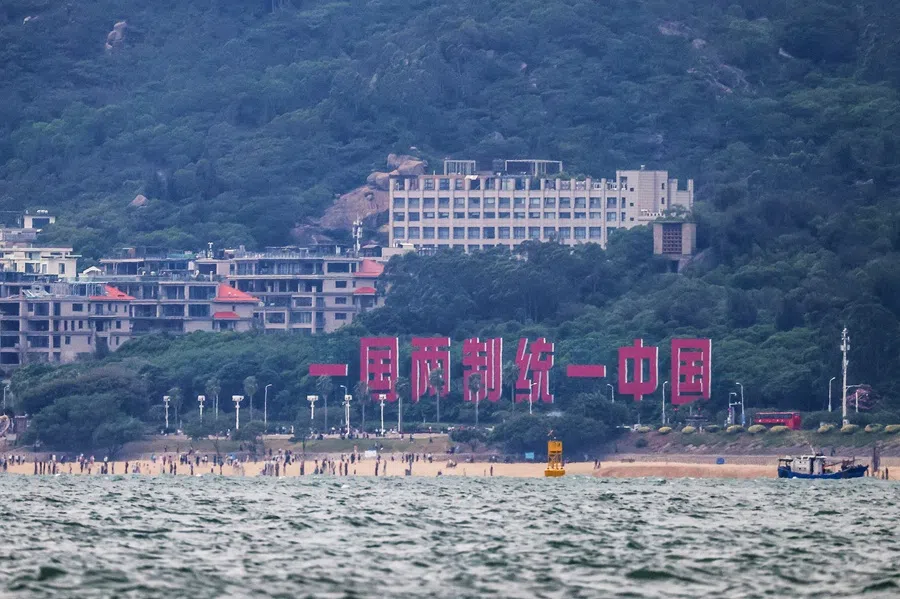
In the letter to UN secretary-general Antonio Guterres, China’s permanent representative to the UN Fu Cong also stressed that Takaichi’s remarks “constitute a grave violation of international law and the basic norms governing international relations” and “seriously undermine the post-war international order”. He warned that if Japan “dares to attempt an armed intervention in the cross-strait situation, it would be an act of aggression”, adding that the Chinese side will resolutely exercise its right of self-defence under the UN Charter and international law and firmly defend its sovereignty and territorial integrity.
Perhaps fearing that Takaichi’s remarks could trigger a domino effect, Beijing explicitly elevated the diplomatic dispute to a matter officially documented in the UN archives, effectively warning all 193 UN member states not to intervene militarily in the Taiwan Strait in the future, while laying the groundwork for a legal narrative in the event of a possible military conflict there.
Beijing is using Japan to send a message, a warning that effectively establishes a “severe punishment for crossing the red line on the Taiwan issue” model, in turn creating a chilling effect.
In brief, there are two key points: any country that does not recognise the “Taiwan’s return to China” one China narrative is violating international law; and any country that intervenes militarily in the Taiwan Strait is also violating international law.
Beijing is using Japan to send a message, a warning that effectively establishes a “severe punishment for crossing the red line on the Taiwan issue” model, in turn creating a chilling effect.
Who called who?
Trump’s social media post did not mention Taiwan or Japan, prompting speculation. Some analysts suggested that Trump might be aware of the sensitivity of the Taiwan issue, and is being cautious with his words. Alternatively, he might be entirely disinterested in the Taiwan issue.
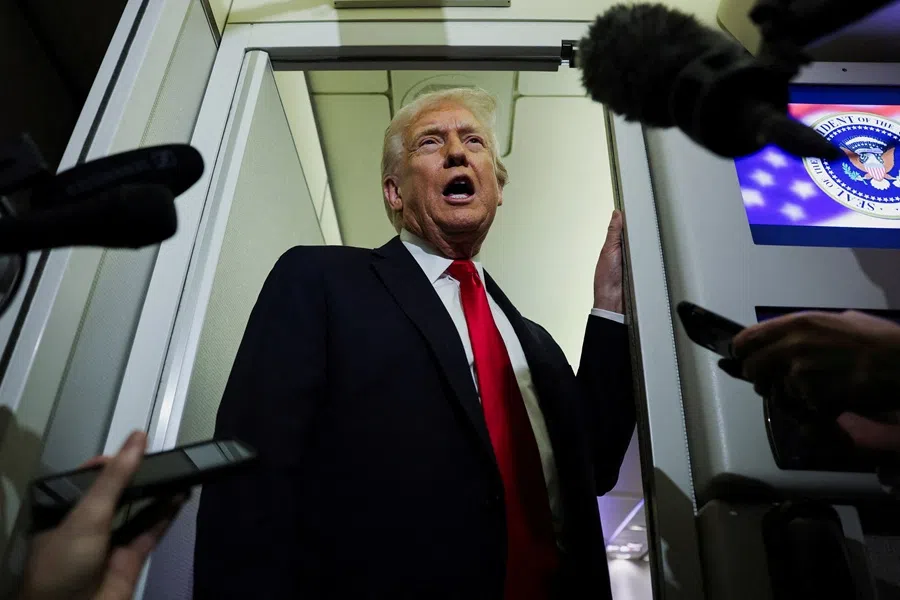
If Beijing wants to pull Trump into its narrative on the Taiwan issue, Trump’s silence on Taiwan might be a respite for Taiwan. He discussed the Russia-Ukraine situation — a peace plan that he is extremely keen to bring about — as well as issues such as fentanyl, soybeans and other agricultural products. These are both China-US trade issues as well as domestic political matters related to Trump’s political interests.
The Chinese foreign ministry claimed that the call was initiated by the US, though details were unclear.
Since the Xinhua press release did not mention Xi “accepting a call” from Trump, it is generally believed that the call was initiated by Beijing, hoping to directly communicate with Trump to gauge his stance on whether “a Taiwan incident equates to a US incident” or at least to use the US to restrain or pressure Takaichi.
The Chinese foreign ministry claimed that the call was initiated by the US, though details were unclear. However, it is certain that Trump spoke with Takaichi after communicating with Xi, indicating that the calls were related to the Taiwan issue and Takaichi’s remarks.
Japan in passive position?
At the time of writing, Trump has not mentioned his interaction with Takaichi on social media. Takaichi stated that she and Trump exchanged broad views on strengthening the US-Japan alliance and the situation and challenges in the Indo-Pacific region. Trump also briefed Takaichi on the current state of US-China relations, and mentioned that he and Takaichi are “extremely good friends” and that he is always willing to take Takaichi’s call any time.
Undoubtedly, Takaichi is also revealing information selectively to benefit herself. Considering that Trump has announced he will visit China in April next year, he probably does not want China-Japan relations to deteriorate and affect his trip. He likely conveyed this idea to Takaichi in hopes she would cooperate, while also emphasising that the US-Japan alliance remains unchanged.
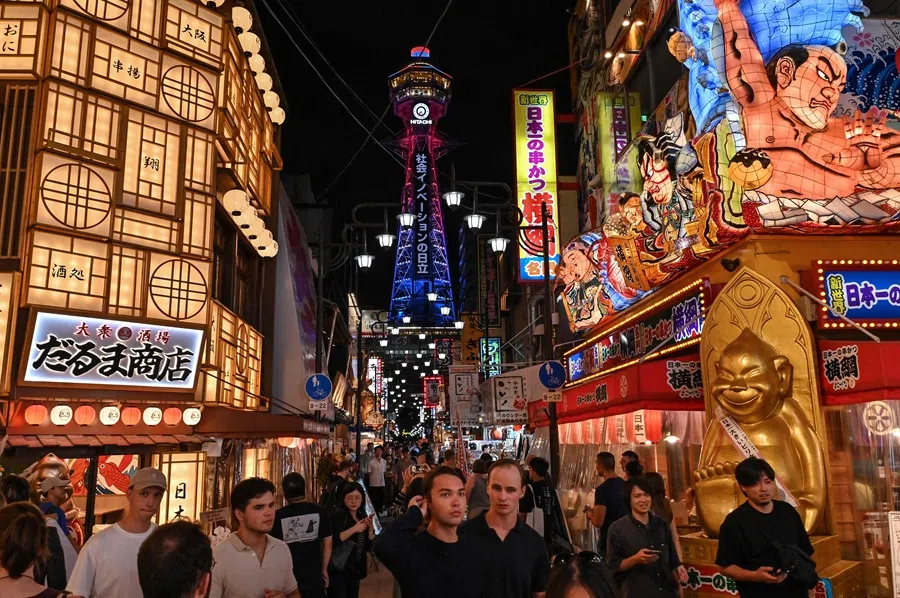
It would be hard for Takaichi to retract her “Taiwan contingency” statement, as that would be political suicide. Moreover, she has strong public support to back her. As a result, Japan is likely to remain in a passive position as China plays its cards, seeking at the same time to avoid triggering new incidents. A key indicator of whether China-Japan tensions will ease is whether Beijing chooses to escalate its military activities in the Taiwan Strait and the East China Sea.
... it is likely that China-Japan relations would not fully normalise until the next leadership takes office...
Looking at the China-Japan Diaoyu Islands (known as the Senkaku Islands in Japan) dispute, the China-South Korea THAAD incident and the China-Philippines South China Sea arbitration dispute, it is likely that China-Japan relations would not fully normalise until the next leadership takes office, especially as this involves the Taiwan issue — a red line on which Beijing would not compromise.
In Beijing’s strategic advancement, this black swan event has not altered the East Asian security framework established by the US and its allies, but it has allowed Beijing to gain some ground in the legal narrative on the Taiwan issue. Whether there is a subtle shift in the Taiwan issue would largely depend on the US’s stance. Should Trump’s visit to China in April next year materialise, it will become a key moment to watch.
This article was first published in Lianhe Zaobao as “两通电话各取所需”.
